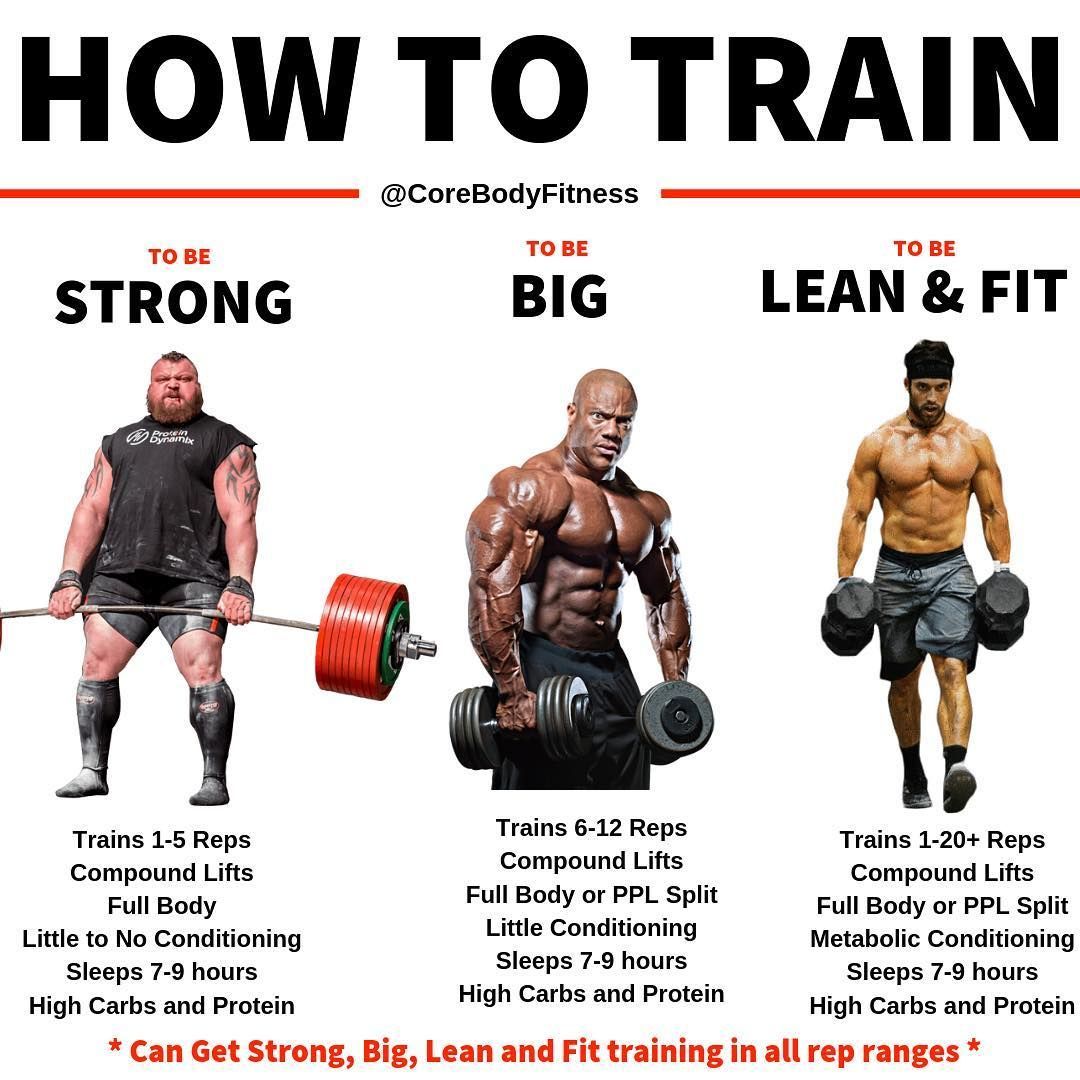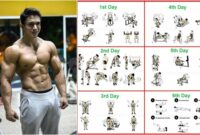Weight lifting training plans are essential for achieving fitness goals, whether it’s building strength, increasing muscle mass, or improving overall fitness. This guide delves into the creation and implementation of effective weight lifting programs, covering everything from choosing the right training style to mastering proper form and preventing injuries. We’ll explore various training styles, sample workout programs, exercise selection, nutrition, recovery strategies, and crucial safety tips to help you build a safe and effective routine. This comprehensive approach ensures you maximize your results while minimizing the risk of injury.
We will cover a wide range of topics to help you understand how to design a personalized weightlifting plan that aligns with your specific goals and fitness level. From understanding the nuances of different training splits to the importance of progressive overload and proper nutrition, this guide serves as your complete resource for achieving your weightlifting aspirations.
Nutrition and Recovery for Weight Lifting
Optimizing your nutrition and recovery strategies is just as crucial as your weightlifting program itself. Proper fueling and rest allow your body to adapt to the stress of training, maximizing muscle growth and minimizing injury risk. This section outlines key nutritional guidelines and recovery practices to support your fitness goals.
Macronutrient Intake for Muscle Growth and Recovery
To support muscle growth and recovery, a balanced intake of macronutrients – protein, carbohydrates, and fats – is essential. Protein provides the building blocks for muscle repair and synthesis. Carbohydrates replenish glycogen stores, providing energy for workouts and preventing muscle breakdown. Healthy fats support hormone production and overall bodily function. A general guideline suggests a macronutrient ratio of 40-50% carbohydrates, 30-40% protein, and 20-30% fats, although individual needs may vary based on factors like training intensity, body composition goals, and individual metabolism. For example, a highly active individual engaging in intense weight training might benefit from a higher protein intake (up to 1.6 grams per kilogram of body weight), while someone with a lower activity level might require less. Precise macronutrient requirements should be tailored to individual needs and potentially determined with the help of a registered dietitian or nutritionist.
Hydration and Sleep’s Role in Weight Lifting
Adequate hydration and sufficient sleep are often overlooked yet are critical components of a successful weightlifting program. Water is essential for numerous bodily functions, including nutrient transport, temperature regulation, and waste removal. Dehydration can impair performance, increase fatigue, and hinder recovery. Aim to drink plenty of water throughout the day, especially before, during, and after workouts. Sleep deprivation negatively impacts hormone production, muscle protein synthesis, and the body’s ability to recover from training. Aim for 7-9 hours of quality sleep per night to optimize muscle growth and overall well-being. Strategies to improve sleep quality include maintaining a regular sleep schedule, creating a relaxing bedtime routine, and ensuring a dark, quiet, and cool sleep environment.
Supplementation for Muscle Growth and Recovery
While a balanced diet should form the foundation of your nutritional strategy, certain supplements can play a supporting role in muscle growth and recovery. Creatine monohydrate, for instance, is a well-researched supplement that has been shown to increase strength and power output. Whey protein, a fast-digesting protein source, can be beneficial for post-workout recovery, facilitating muscle protein synthesis. Other supplements, such as branched-chain amino acids (BCAAs) and glutamine, may also offer additional benefits, although their effectiveness is often debated and may depend on individual factors. It is important to note that supplements should not replace a healthy diet but rather complement it. Always consult with a healthcare professional or registered dietitian before starting any new supplement regimen to ensure safety and appropriateness.
Remember, responsible supplementation is key. Consult a professional before adding any supplements to your routine.
Last Word
Ultimately, a successful weight lifting training plan is a personalized journey that requires dedication, consistency, and a commitment to continuous improvement. By understanding the principles of proper training, nutrition, and recovery, and by consistently monitoring your progress and making necessary adjustments, you can achieve significant gains in strength, muscle mass, and overall fitness. Remember to prioritize safety and listen to your body throughout your training journey. With careful planning and execution, you can safely and effectively achieve your weightlifting goals.




